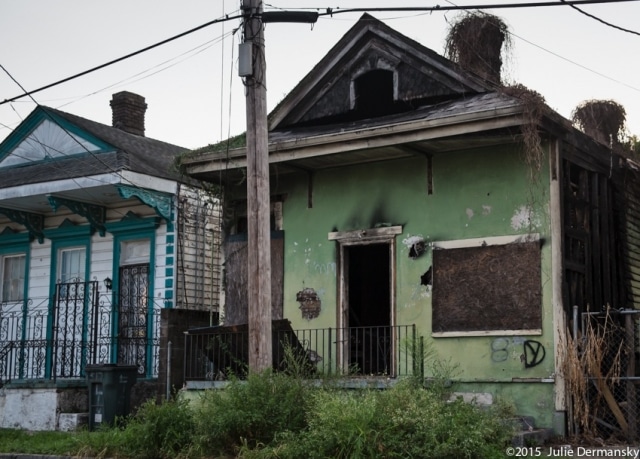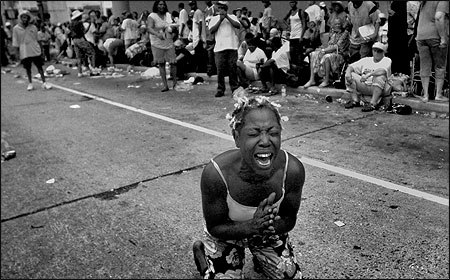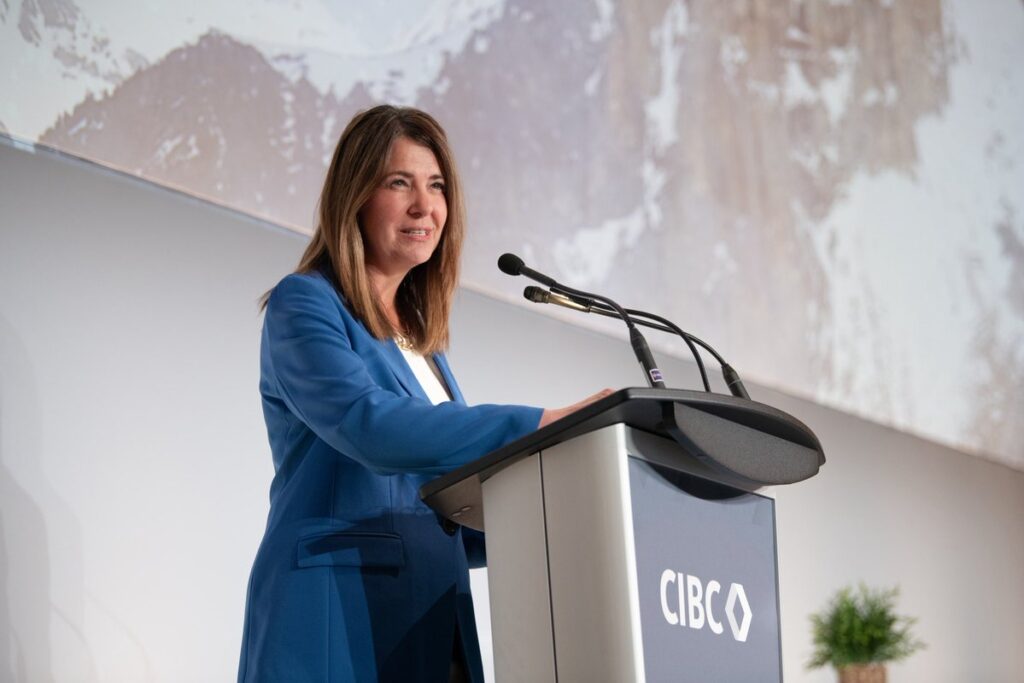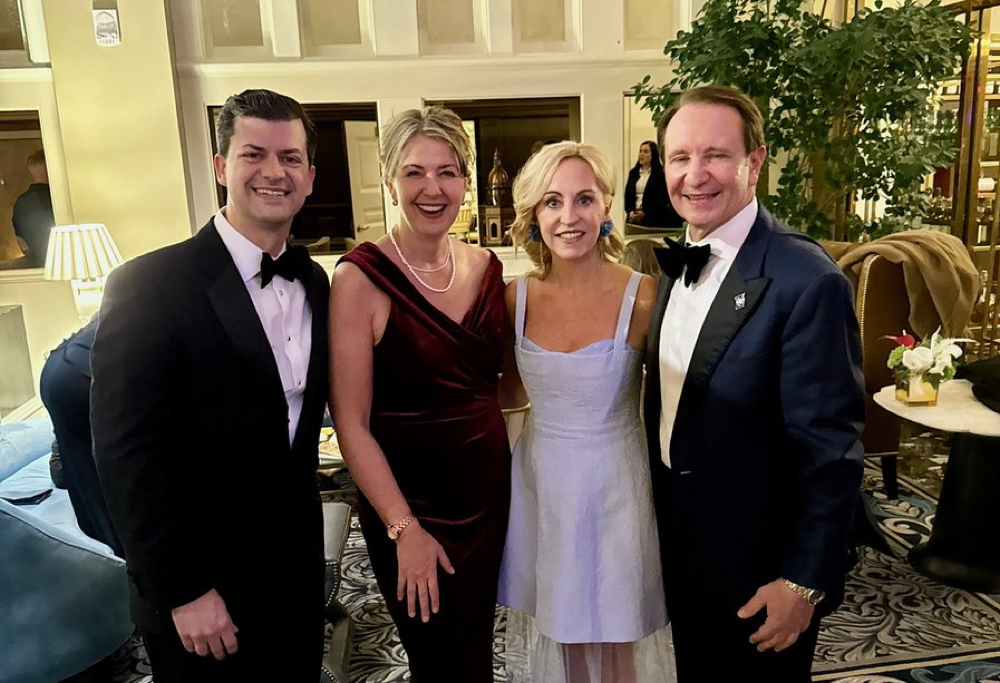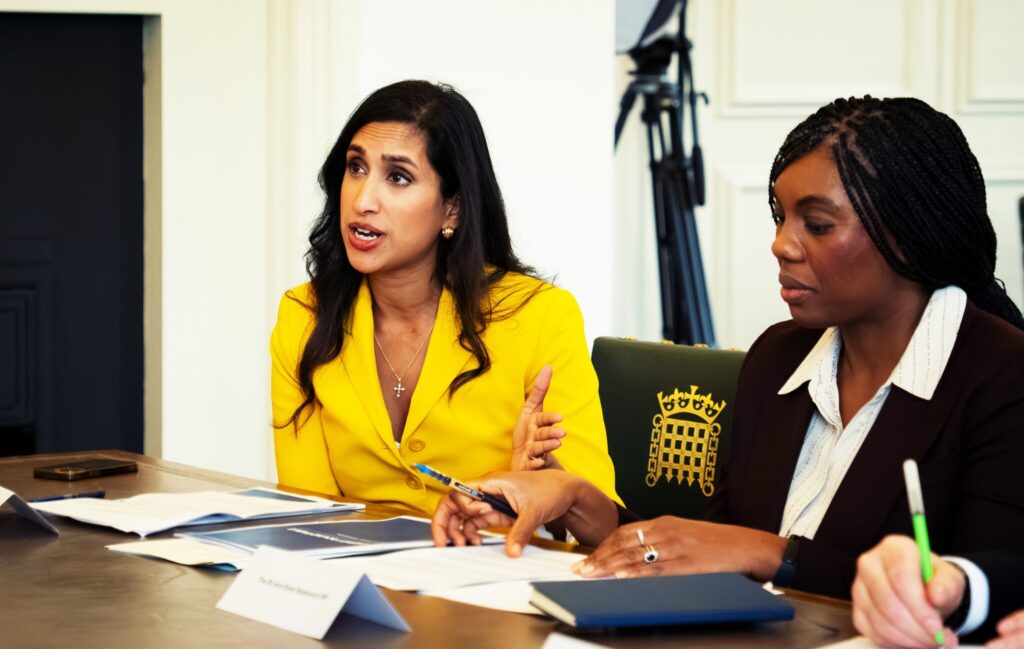This is a guest post by Evlondo Cooper, senior fellow with the Checks and Balances Project, cross-posted with permission.
New Orleans has many nicknames: The Crescent City, The Birthplace of Jazz, and The Big Easy. It’s also my hometown but Hurricane Katrina cast me out. In 2005, I was an investigator for the New Orleans district attorney’s office who was invested in making a great city even better. Along with hundreds of thousands of others, I had to flee New Orleans.
This month is the 10-year anniversary of Katrina and its devastating punch, which we now know was made far worse by pollution-driven climate change. I juxtapose its devastation with the potential solutions as this month marks the release of President Obama’s signature Clean Power Plan, which would cut the very pollution that made Katrina so much worse.
Two things are particularly galling to me as someone with first-hand experience in the effects of runaway carbon pollution. The first is that ExxonMobil, the Koch brothers and other fossil fuel interests that funded climate change denial in the 1990s are now underwriting climate change solutions denial both by fighting the Clean Power Plan and an effort in Florida to allow consumer access to low-cost rooftop solar power.
<>When Americans across the country turned on their televisions on August 25th 10 years ago and saw thousands dead, hundreds of thousands displaced and a venerable American city underwater, it forced the tough questions about the world we were creating. Many scientists used Katrina as an opportunity to educate the public about how rising sea temperatures were intensifying storms.
By the time Hurricane Sandy devastated the East Coast in 2012, all but the most stubborn observers were unwilling to say that climate change was playing a role in the growing frequency and severity of extreme weather events.
The numbers are startling, and the evidence is overwhelming. According to the National Oceanic and Atmospheric Association (NOAA), the United States experienced 178 weather and climate disasters since 1980. The NOAA determined that nearly half of those events have occurred in the 10 years since Katrina and have accounted for almosthalf a trillion dollars in damage.
But, for me, it’s not just a numbers game; it’s personal. When Katrina hit, New Orleans was one of the few majority African-American cities in the country. So it was mostly African-American families who were killed, displaced, scattered and unable to return.
And, New Orleans isn’t the only place where communities of color have borne the brunt of fossil fuel pollution. Because nearly 40% of those who live near a coal plant are poor African Americans and Latinos, it’s communities of color who are disproportionately affected by the negative economic and health consequences of fossil fuel pollution. The fact that fossil fuel pollution prematurely kills more than 10,000 people a year means that we’re experiencing the equivalent of five Katrinas every year.
Both President Obama’s Clean Power Plan and the Floridians for Solar Choice ballot initiative not only would benefit African Americans and Latinos economically by incentivizing the adoption of job-creating clean energy technology leading to increased jobs, these initiatives would also cut the harmful health effects of fossil fuel pollution by reducing carbon pollution levels.
But here’s the second thing that galls me: Rather than embrace these groundbreaking changes, some in our communities are taking money to fight them. I witnessed this strategy first hand when I attended the recent National Black Chamber of Commerce (NBCC) convention in Hollywood, Florida, earlier this month.
Southeast Florida is Ground Zero for climate change, with Miami streets flooding on sunny days. But Koch sponsorship signage was everywhere as a parade of so-called experts repeated the same falsehoods about climate change science. Leading this charge was NBCC President Harry C. Alford, who has boasted of taking fossil fuel funding and attacking pollution-cutting policies and technologies our communities – and all of America – so badly need. When I attempted to interview Mr. Alford, he denied that fossil fuel pollution hurts communities of color and bristled at my questions about his funding.
Unfortunately, Mr. Alford isn’t alone. Southern Christian Leadership Conference President Charles Steele and former Florida State Representative Joe Gibbons have both echoed the attacks of the fossil fuel lobby on climate change solutions. All three men have gone largely unchallenged, until now, about how they square taking money from the interests that hurt poor communities while asserting these players have our best interests in mind.
As New Orleans continues to rebuild in Katrina’s wake and South Florida struggles with sea level rise, we can no longer give a pass to any individual or organization that aligns itself against the best interests of our communities. Those who choose to elevate misinformation over truth and profits over people must be held accountable.
Otherwise, we all face a future where we’ll feel like strangers in our own land.
Evlondo Cooper, a former Orleans Parish criminal investigator, is a senior fellow with the Checks and Balances Project.
Subscribe to our newsletter
Stay up to date with DeSmog news and alerts


